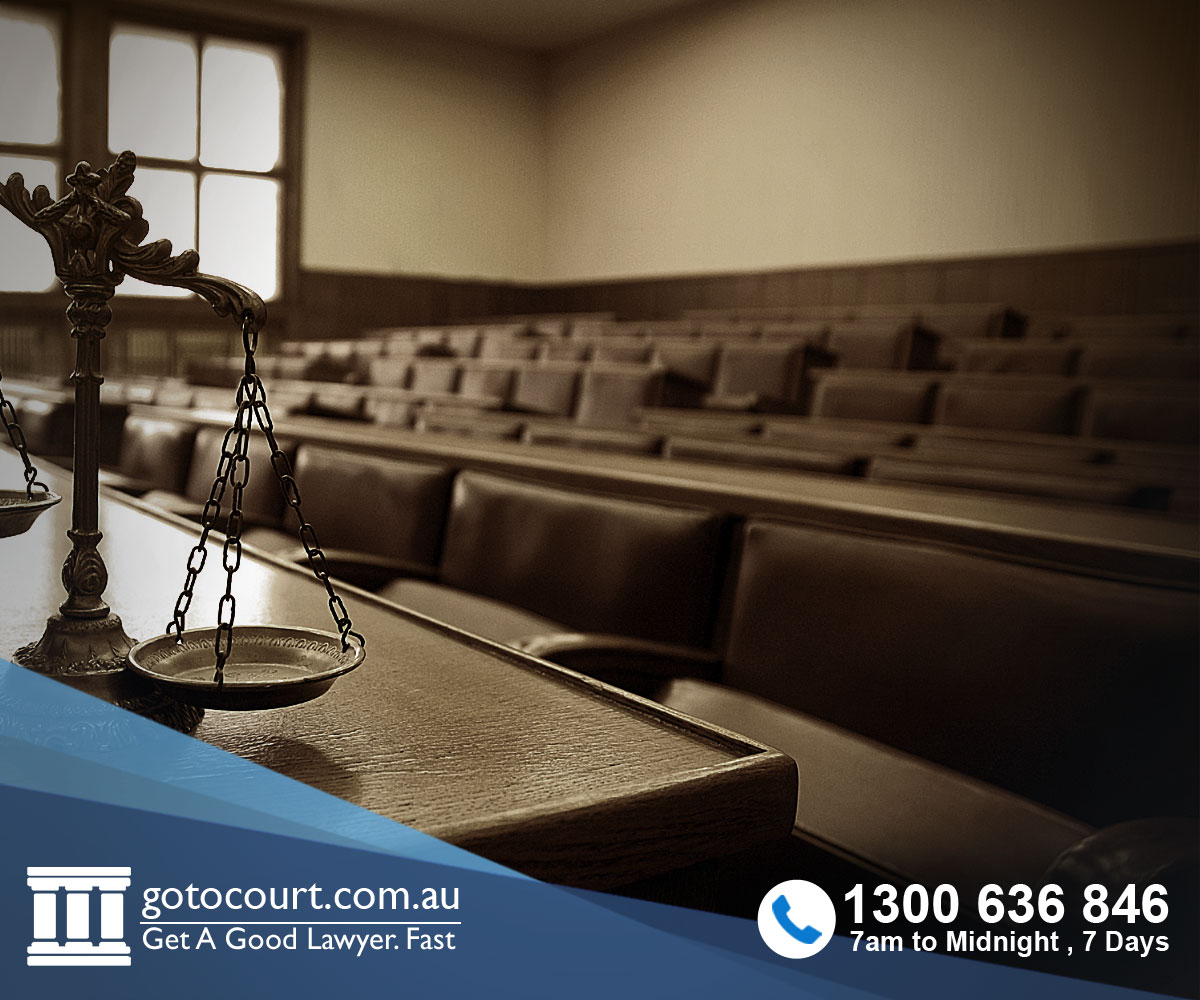Domestic Violence and Court Processes (NSW)
Due to the prevalence of domestic violence, the New South Wales Parliament enacted the Crimes (Domestic and Personal Violence) Act 2007 (CDPVA). The CDPVA gave the police additional powers to combat domestic violence and introduced a mandatory sentencing regime for certain domestic violence offences. For example, if someone is subject to an Apprehended Domestic or Personal Violence Order, and that order is breached by an act of violence, the Courts must sentence the offender to a term of imprisonment (Section 14(4)).
While it is difficult to assess the incidence of domestic violence as many victims are reluctant to make reports to police, in 2014, 26,543 Apprehended Domestic Violence Orders were granted in NSW. Perhaps even more disturbingly, between 1 July 2000 and 30 June 2012 out of the 995 homicides committed in New South Wales, 28% occurred in a domestic violence context.
Apprehended Domestic Violence Orders
The CDPVA gave senior police officers the power to make provisional Apprehended Domestic Violence Orders (ADVOs) before the defendant has even appeared before a court. The conditions of ADVOs can be onerous, regardless of whether the defendant consents or fights the application for the ADVO and any associated criminal charges.
If you have had a provisional ADVO with strict conditions placed on you and intend to contest the application, a lawyer can negotiate to vary any particularly onerous conditions attached to the provisional order.
What if I have been charged with an offence?
If the police decide that there is enough evidence to charge someone with a domestic violence offence, they will provide the alleged offender (defendant) with a Court Attendance Notice (CAN). The CAN will have the details of the charges the date, time and location of the court where it is to be mentioned. If you have been charged with a domestic violence offence, you should seek legal advice as soon as possible. You should take any police paperwork given to you to your appointment with your lawyer.
It is common for police to charge a person with multiple offences arising from the same act in domestic violence matters. A common example is a charge of assault in addition to a charge of stalking or intimidation. In some cases, a lawyer may be able to negotiate with the police to withdraw some or all charges, depending on the strength of the evidence.
Appearing in court
While it is possible for a defendant to represent themselves in court, a lawyer should be consulted prior to entering a plea. The magistrate will usually allow an adjournment to allow you to get legal advice. If the allegations are denied, a plea of not guilty should be entered. The court will then set a date for a contested hearing. Prior to the hearing date, the police will serve a copy of the brief of evidence on you, or on your lawyer if you have one. If the allegations are admitted, a plea of guilty should be entered. The court will then proceed to sentence you or set a sentencing date.
If you are legally represented, your lawyer will address the court on your behalf and you will not have to address the court directly. If you are representing yourself, you should tell the court about your personal circumstances, the circumstances of the offence and hand up any character references.
What are the likely sentences and penalties?
As domestic violence is taken very seriously, a conviction is likely even for first-time offenders. However, the likely penalty for domestic violence offences ultimately depends on the circumstances of the offence/s, the circumstances of the offender and any criminal history the offender has.
Sentences of imprisonment
If you are charged with contravening an Apprehended Domestic Violence Order and the contravention is an act of violence, the court must sentence you to a term of imprisonment. However, there are alternatives available to ‘full time’ custody and your lawyer may be able to argue that one of these is appropriate in the circumstances.
The Court may sentence an offender to a term of imprisonment but suspend that sentence pursuant to Section 12 of the Crimes (Sentencing Procedure) Act 1999. Other alternatives available to the court are an Intensive Correction Order or a Home Detention Order.
Non-custodial sentences
For less serious offences, such as a contravention of an ADVO where violence is not involved, the court may impose a non-custodial sentence such as a Good Behaviour Bond or a Community Work Order.
In limited circumstances, it is possible to ask the court for leniency and have the matter dealt pursuant to Section 10 of the Crimes (Sentencing Procedure) Act 1999. An order under Section 10 means that the court finds the matter proven without proceeding to conviction.
If you, or someone you know, have been charged with a domestic violence offence and require legal advice or representation, please contact Go To Court Lawyers.








